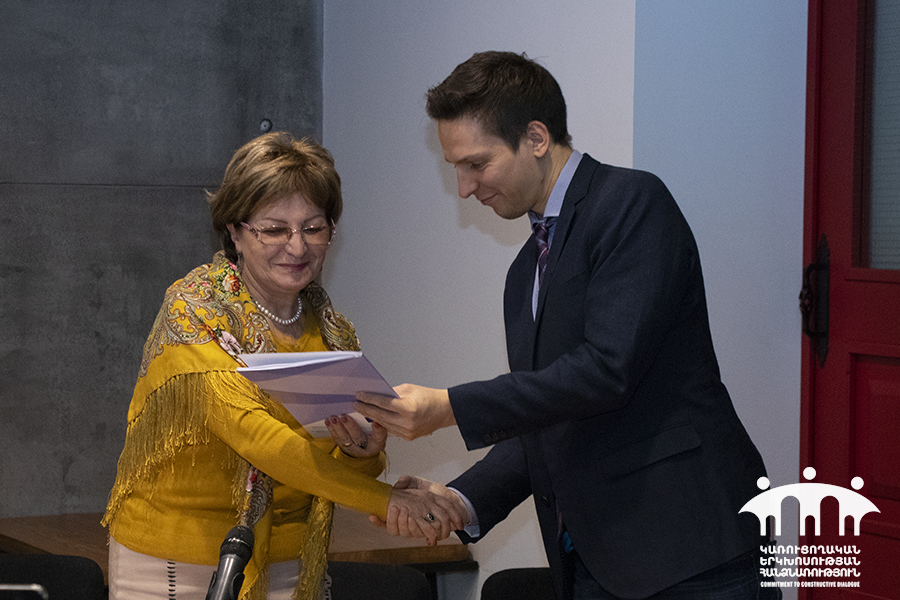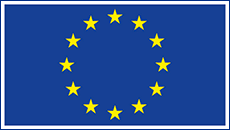
Project Name: “Introduction of Alternative, Cost-Effective Models for Pre-school Education: Monitoring in Kapan Community and Communities of Kapan Region”
Implementing Organisation: “Rainbow” Leaders’ Educational Centre NGO
Project Duration. 6 months
Project budget – AMD 5.049.600; funding requested from the “Commitment to Constructive Dialogue” project – AMD 4.544.640: applicant’s financial contribution – AMD 504.960.
- Project objective: Contribute to the implementation of the “Government’s Medium-Term Expenditure Framework for 2019-2021” through implementation of the monitoring in Kapan community and communities of Kapan region. Monitoring will contribute to the introduction of alternative models in Kapan and communities of Kapan region, as currently pre-school educational establishments (PSEE) operate only in 5 out of 31 rural communities. In other rural communities, not any pre-school educational institutions are not available for the pre-school age children.Within the framework of the project visits and studies will be conducted in 13 pre-school educational establishments of Kapan City and the villages of Chakaten, Srashen, Nerqin Hand, Achanyan, Nerkin Kotan, Upper Kotan, Norashenik, Vachagan villages of Kapan region. As a result of these studies, rural communities and PSEEs in the town of Kapan will be selected, where taking into account the possibilities of the given community; pre-school alternative program models will be introduced.
Pre-school educational services created on the basis of the alternative models will become available and accessible for the following groups of children: children living in Kapan city that are not included in pre-school establishments; children living in the village who do not enjoy any pre-school services; pre-school age children with special needs; school-age children who do not meet the school requirements.
- Project activities
- The project will conduct a study and assess the need for alternative models of pre-school education in Kapan City and communities of Kapan region, as a result of which:
1.2 the identified potential problems and risks will be analysed,
1.3 three focus group discussions will be organized, questionnaires will be compiled, sociological researches will be conducted, results will be analyzed and published,
- Public discussions on the use of alternative models of access to and use of pre-school education as part of the “Government’s mid-term expenditure plan for 2019-2021”, will be held involving experts from education sector.
- 15 mentors and 30 parents included in the program, will be trained to prepare materials for mentors, parents, training courses for this purpose and guidline/questionnaire packages will be created.
- The project model will be presented to include in the strategic plan of Kapan community.
- Expected results:
- As a result of project implementation, much more organizations, including – state and non-governmental organizations engaged in the education of pre-school children will be informed about the government’s decision to introduce alternative, cost-effective models of pre-school education.
1.1 Pre-school alternative cost-effective models will be introduced in the community of Kapan City and communities of the region.
- Children left out of preschool education system will be included in alternative models of preschool education.
2.1 15 mentors and 30 parents will be trained during the project implementation
2.2 The teachers of preschool educational establishments will acquire the necessary knowledge and skills to carry out appropriate work. Active parent groups will be created to support the introduction of alternative models.
- The project will provide co-operation between local self-governing bodies, mass media, local management and local non-government organisations.
3.1 A public discussion (roundtable) will be held where the findings of the research, alternative models and alternative ways for their implementation will be discussed.


